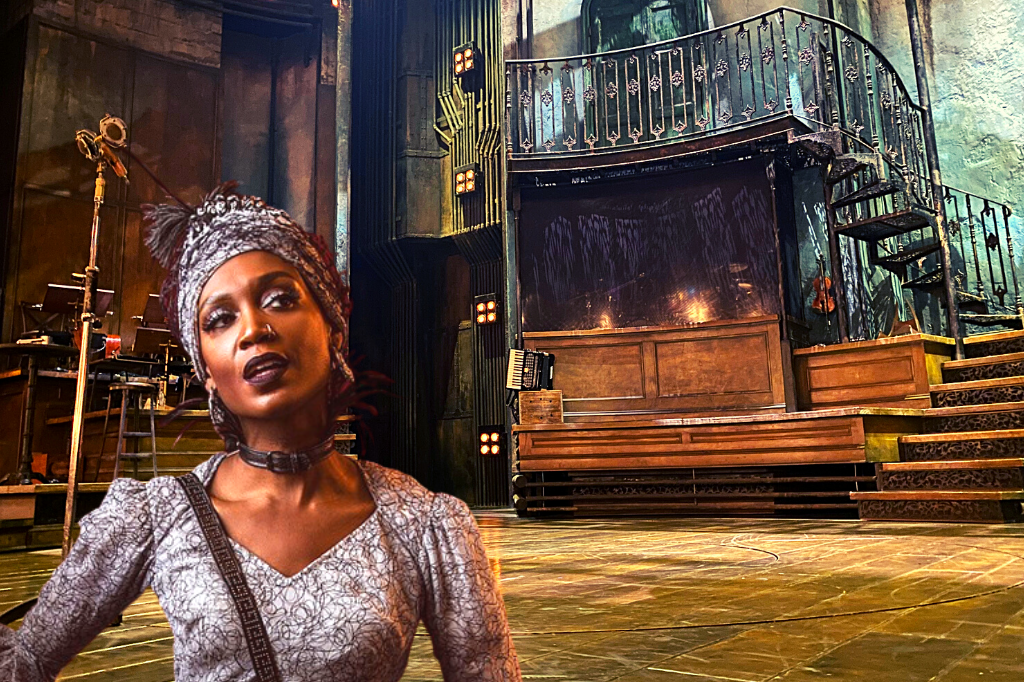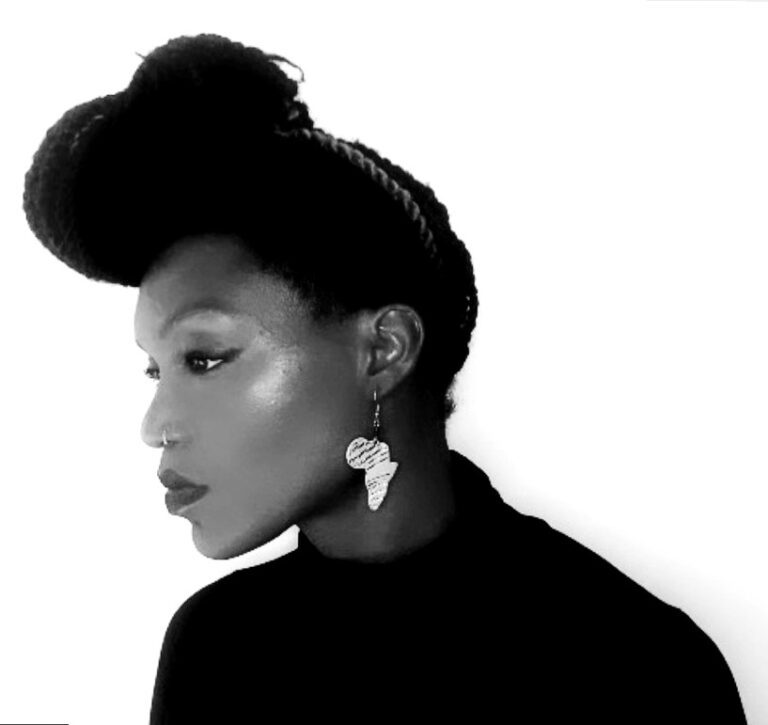As If By Fate: Returning to Hell and Re-Opening Hadestown
“Breathe in…breathe out.”
“Breathe in…and breathe out.”
As I exhaled that second breath, I opened my eyes and almost couldn’t believe where I was: back in a Broadway rehearsal hall, surrounded by familiar and unfamiliar faces. The familiar ones of my Hadestown family, their eyes glowing and piercing above their masks, and the unfamiliar ones of the media outlets — including the New York Times — who all wanted to bear witness to this historic moment.
It had been eighteen months since we’d all been face to face.
It had been eighteen months since we’d all shared a space.
It had been eighteen months since we’d all breathed in the same air, let alone sung a song together.
It was overwhelming, to say the least.
Then something unexpected, but oh-so-appreciated, happened in that room. As we paused from reintroducing ourselves to one another, our director, Rachel Chavkin, opened the floor up to anyone who wanted to share what life had been like during the pandemic.
And one by one, we did. (Well, some of us.) It was scary and beautiful and sad and sometimes even funny. But in those ever-important moments we bonded and became a family again — a new family, one that had experienced trauma collectively in our individual lives. As we all stepped into that rehearsal we were no longer the same people we’d been eighteen months ago — how could we be? We’d all borne witness to lives lost not only due to the pandemic, but also those lost to the endemic that is racism. And as we began to take this journey of bringing Hadestown back to life again, we all had a better understanding of where we’d been and where we were going…or at least where we wanted to go.
We’d all borne witness to lives lost not only due to the pandemic, but also those lost to the endemic that is racism. And as we began to take this journey of bringing Hadestown back to life again, we all had a better understanding of where we’d been and where we were going…or at least where we wanted to go.
Now, there is no way to adequately describe what it’s like to rehearse during a pandemic. However, consider a room filled with hand sanitizer and masks at every corner, and that’s a pretty good start. We all had to go and get tested seventy-two hours before our first rehearsal and then email the results and our vaccination cards to our COVID-19 Compliance Officer — yes, you heard that right. We have someone at every rehearsal whose sole job is to ensure everyone is negative, wearing masks, and maintaining distance when need be. The general rule is that if you are in the room or in the scene but not singing then you must keep your mask on…I really learned how to emote with my eyes during this time.
For those unfamiliar with the show, Hadestown is the modern musical retelling of the Greek myths of Orpheus and Eurydice and Hades and Persephone, set in a post-Depression era to the musical stylings of jazz and folk. In addition to these Gods and mortals, the three Fates are the all knowing Goddesses who cast doubt, taunt, tease and revel in the decisions these characters make. It is a delicious part. I play the Fate of Death, “Atropos.” She’s the most cutthroat of the three — the oldest, and perhaps the wisest. She’s also the one with the lowest vocal part, that of a contralto, which is a rarity in musical theatre, and a welcome change for all the altos out there.
Now, I was fortunate enough to be coming back to the role of “Fate” that I originated on Broadway, and with our shortened rehearsal period I was hopeful that some muscle memory would kick in.
Still, I struggled at times, with missed steps, forgotten lyrics, or a wrong entrance. Oh, and how could I forget to mention: I had to re-learn how to play the accordion. I had to learn to play it for the show back in 2019, and here I was, eighteen months later, doing the same thing, coming to rehearsal thirty minutes early so I could practice and reacquaint myself with my dear friend “Chance.” That’s right, I named my accordion in the show “Chance,” because there was only about a ninety percent chance I would actually play the right notes.
I struggled at times, with missed steps, forgotten lyrics, or a wrong entrance. Oh, and how could I forget to mention: I had to re-learn how to play the accordion.
After the initial shock of the pandemic passed, I managed to stay very busy creatively. I booked a couple of TV shows, curated my own cabaret-style show, and even made it back to New York in October to record the Hadestown holiday album, titled If The Fates Allow, starring the three Fates. What I didn’t expect was to suddenly find myself collaborating and writing and composing musical theatre. I was fortunate enough to be part of Prime Mover and Musical Stage Company’s Noteworthy Program from January to March of 2021. The cohort this session was entirely made up of BIPOC creatives seeking to create musical theatre. This was truly one of the strange blessings during this time, as a few projects that were born there are now well on their way to being developed fully, with both monetary and theatrical support.
However, when it came to stepping back into a role as an actor rehearsing six days a week for up to eight hours a day, I wasn’t in the best of shape, and my voice wasn’t exactly the same, either. Add to that being crammed into small rehearsal spaces — because it felt as if all of Broadway was rehearsing at the same time in the same building — which didn’t help the situation.
Some days were easier than others. It was exciting to approach my character with new eyes and from a different vantage point, especially because the other two Fates were new. Their arrivals brought new questions: what would our dynamic be? Would we blend effortlessly? Would we become like sisters? The stress was real…..and so unnecessary. As with the original Fates, we would eventually find our groove: it would just have to be faster.
As I looked out into the fully vaxxed and masked crowd, which included more than two hundred first responders, there was not only a transfer of energy but a transfer of emotion. It was as if they were collectively saying, “we got you,” and that’s all I needed to get through.
As the re-opening date approached, I’m not sure any of us really felt ready — I know I didn’t. On the night of our invited dress rehearsal, as soon as I finished singing “Any Way The Wind Blows” and set down my accordion, I could feel the dry mouth setting in. But as I looked out into the fully vaxxed and masked crowd, which included more than two hundred first responders, there was not only a transfer of energy but a transfer of emotion. It was as if they were collectively saying, “we got you,” and that’s all I needed to get through.
We’ve been open for over two months now, and we’ve been blessed with a healthy company and full houses. I wouldn’t say it feels normal — actually, it feels anything but.
But I’ll echo what Bertolt Brecht said: “In the dark times, will there also be singing? Yes, there will be singing. About the dark times…”
And, I’ll add, hopefully about the good times, too.









Comments